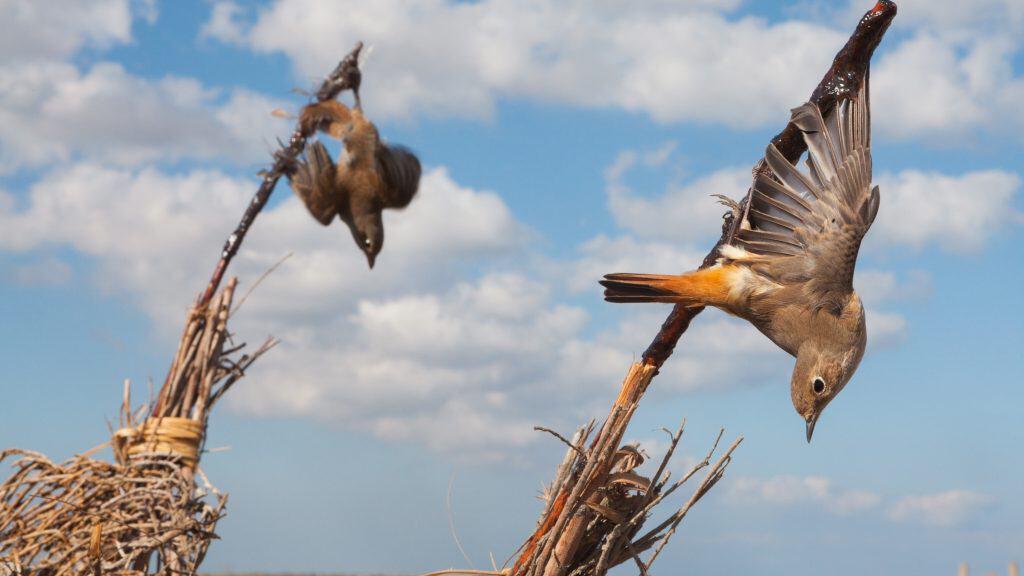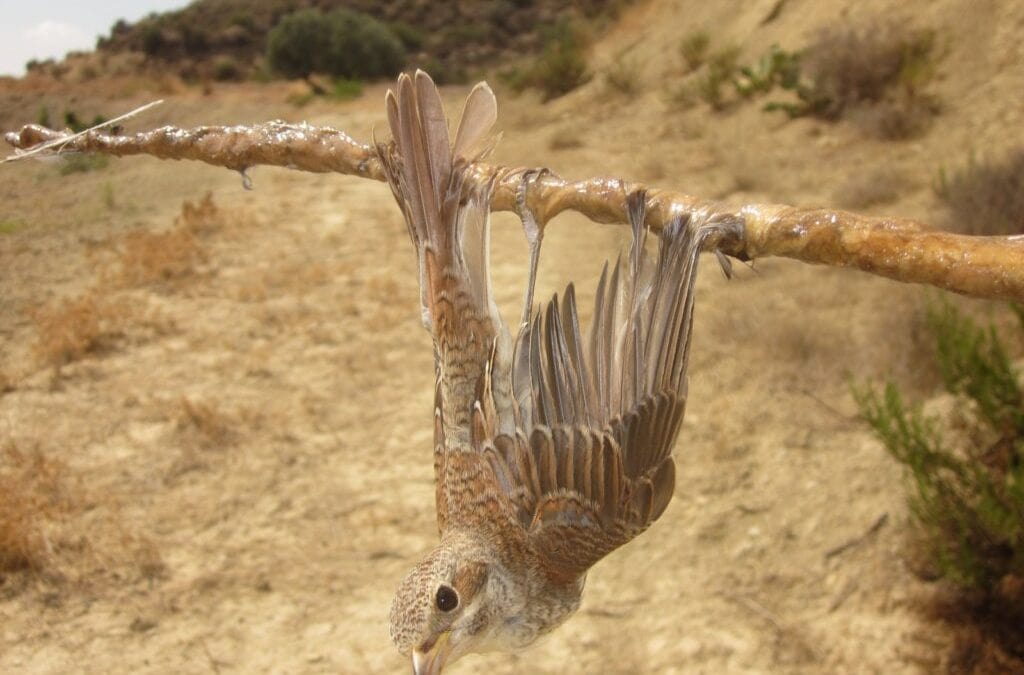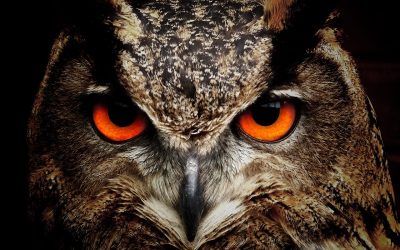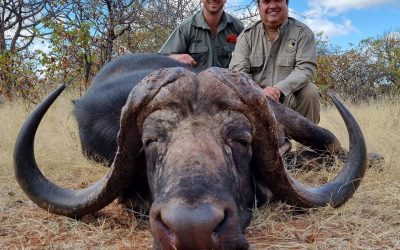So you’ve got your hunting gear all packed up and you’re more than ready for your next hunting adventure. But before you set off for Africa, you might find yourself asking, “Can I hunt migratory birds in Africa?” It’s a valid question, considering the vast variety of bird species you can find in this captivating continent. Whether you’re an avid bird hunter or simply curious about the possibilities, let’s explore the regulations and opportunities surrounding hunting migratory birds in Africa.
Overview on migratory birds in Africa
Africa is home to a diverse array of migratory bird species, making it a popular destination for bird enthusiasts and hunters alike. These birds traverse across vast distances, spanning multiple countries, as they migrate between their breeding and wintering grounds. However, it’s essential to understand the legislation and regulations governing the hunting and conservation of migratory birds to ensure that you can enjoy these birds ethically and sustainably.
Legislation and regulations
To protect migratory birds in Africa, various conventions, agreements, national laws, and regulations have been established.
Conventions and agreements
Several international conventions and agreements are in place to safeguard migratory birds. The African-Eurasian Migratory Waterbird Agreement (AEWA), for instance, aims to conserve waterbird species and their habitats, including migratory birds in Africa. This agreement encourages international cooperation and sets guidelines for the sustainable hunting of these birds.
National laws and regulations
Individual African countries have enacted laws and regulations to safeguard migratory birds within their borders. These laws often designate protected areas and species, outlining restrictions on hunting and other activities that could harm these birds. It’s crucial to familiarize yourself with the specific laws and regulations of the country you’re visiting or planning to hunt in.
Protected areas and species
Africa boasts numerous protected areas and reserves that provide vital habitats for migratory birds. These protected areas often have specific regulations regarding hunting and other activities. Additionally, certain migratory bird species may be granted special protection status, prohibiting their hunting altogether. It’s important to respect these designations and ensure you’re aware of any restrictions before embarking on a hunting trip.
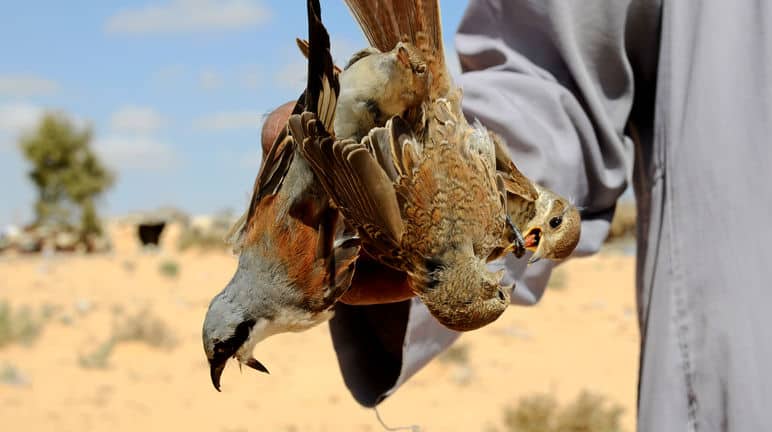
Permits and licenses
When it comes to hunting migratory birds in Africa, permits and licenses are often required to ensure that hunting practices remain sustainable and monitored.
Hunting permits
Hunting permits are usually obtained from the relevant authorities in the country you plan to hunt in. These permits typically specify which bird species can be hunted, the duration of the hunting season, and any bag limits or quotas that must be adhered to. Acquiring a hunting permit should always be a priority to ensure compliance with local regulations.
Game ranch and private reserves permits
In some cases, hunting migratory birds in Africa may only be allowed on game ranches or private reserves. These establishments often have their own set of regulations and permits that need to be obtained. It’s important to research and engage with reputable game ranches and private reserves that prioritize sustainable hunting practices and adhere to national and international regulations.
Species-specific licenses
Certain migratory bird species may require additional licenses or permits for hunting. These licenses are usually aimed at managing populations or protecting vulnerable species. It’s essential for hunters to educate themselves on the specific license requirements for the species they intend to hunt and ensure compliance with these regulations.
Ethical considerations
Hunting migratory birds in Africa comes with important ethical considerations that must be addressed to ensure the long-term conservation of these species and their habitats.
Conservation and sustainable hunting
Conservation should be at the forefront of any hunting activity. Sustainable hunting practices, such as adhering to bag limits, respecting closed seasons, and hunting responsibly, help maintain healthy bird populations and preserve their habitats. By actively participating in conservation efforts and supporting initiatives aimed at protecting migratory birds, hunters can contribute to the long-term sustainability of these species.
Respecting wildlife and ecosystems
Respect for wildlife and ecosystems is crucial when hunting migratory birds in Africa. It’s essential to minimize disturbance to bird habitats, avoid encroaching on protected areas, and adhere to any guidelines or restrictions set by local authorities. Responsible hunting practices should prioritize the well-being of the birds and the overall ecosystem.
Illegal hunting and poaching
Illegal hunting and poaching pose significant threats to migratory bird populations in Africa. These activities can devastate bird populations, disrupt ecosystems, and undermine conservation efforts. Hunters must be vigilant in ensuring that their activities are legal and ethical, reporting any evidence of illegal hunting or poaching to the appropriate authorities.
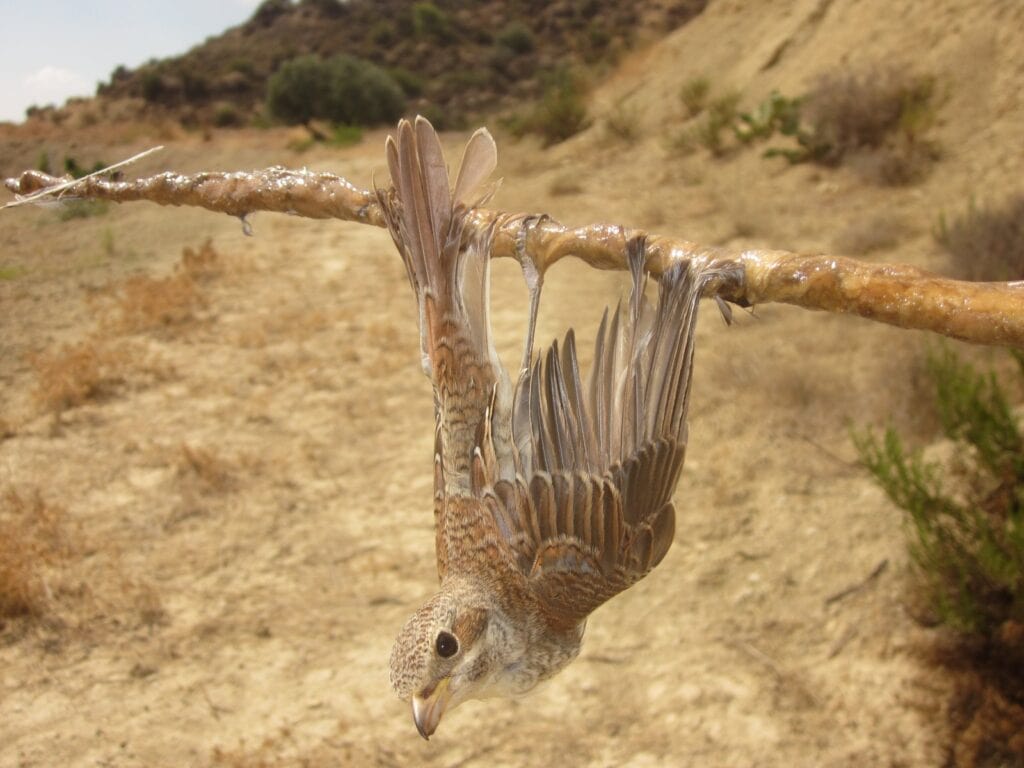
Migratory bird species in Africa
Africa is home to a rich variety of migratory bird species, each with its own unique patterns of migration, breeding grounds, and wintering areas.
Common migratory birds in Africa
Some common migratory bird species found in Africa include the European Bee-eater, White Stork, African Skimmer, Purple Heron, and Steppe Eagle, to name a few. These birds travel impressive distances, often crossing multiple borders and continents during their annual migrations.
Migration patterns
Migration patterns vary among different bird species. Some birds undertake long-distance migrations, traveling thousands of kilometers between their breeding and wintering grounds. Others may have shorter migration routes or undertake altitudinal migrations, moving to higher elevations during specific seasons. Understanding these migration patterns can enhance the hunting experience while ensuring the birds’ conservation and survival.
Breeding and wintering grounds
Migratory birds in Africa breed in a range of habitats, including wetlands, forests, and savannahs. These breeding grounds provide essential resources for nesting and raising their young. During the wintering season, many migratory bird species migrate to warmer climates within Africa, utilizing a variety of habitats such as wetlands, coastal areas, and arid regions. Protecting these breeding and wintering grounds is crucial for maintaining healthy migratory bird populations.
Hunting seasons and restrictions
Hunting seasons and restrictions are in place to regulate the hunting of migratory birds in Africa, ensuring their conservation and sustainable management.
Open and closed hunting seasons
Most countries with migratory bird populations have designated open hunting seasons, during which hunting is permitted. These seasons are typically based on the birds’ breeding and migration patterns, as well as population dynamics. Closed hunting seasons ensure that birds are not hunted during critical periods, such as breeding or migration, when they are most vulnerable.
Bag limits and quotas
Bag limits and quotas are restrictions on the number of birds that can be legally harvested by an individual hunter during a specific hunting season. These limits are in place to prevent overexploitation of bird populations and maintain their long-term viability. It’s crucial for hunters to be aware of these limits and quotas and strictly adhere to them.
Restrictions on methods and gears
To ensure the ethical and sustainable hunting of migratory birds, various countries enforce restrictions on hunting methods and gears. These restrictions may include prohibitions on certain hunting practices, such as the use of lead ammunition or certain trapping techniques. Complying with these restrictions helps minimize the negative impact on bird populations and the environment.
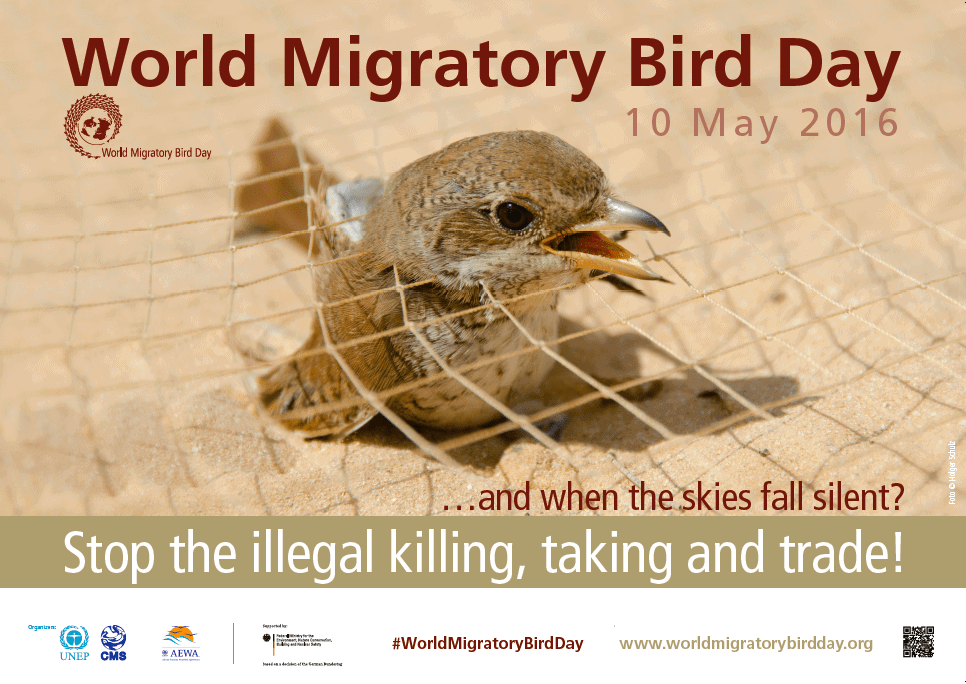
Hunting organizations and resources
For hunters interested in migratory bird hunting in Africa, there are numerous organizations and resources available to provide guidance and support.
Professional hunting associations
Professional hunting associations play a crucial role in promoting responsible hunting practices and advocating for the conservation of migratory birds. These organizations often provide resources, training, and networking opportunities for hunters, ensuring they are well-informed and educated on ethical hunting practices.
Guides and outfitters
Engaging the services of experienced guides and outfitters can enhance the migratory bird hunting experience in Africa. These professionals have extensive knowledge of bird behavior, habitats, and local regulations. They can offer valuable insights and assistance in navigating the hunting process, ensuring compliance with legal and ethical requirements.
Online resources and forums
The internet provides a wealth of resources for migratory bird hunters in Africa. Online platforms, such as forums, websites, and social media groups, allow hunters to connect with like-minded individuals, share experiences, and access valuable information. These resources can help hunters stay updated on the latest regulations and conservation initiatives, fostering responsible hunting practices.
Birdwatching and conservation tourism
For those who prefer to observe and appreciate migratory birds without hunting, there are alternative avenues to enjoy these magnificent creatures.
Alternative ways to enjoy migratory birds
Birdwatching is a popular activity that allows individuals to observe migratory birds in their natural habitats without engaging in hunting. Armed with a pair of binoculars and a field guide, birdwatchers can spend hours watching and identifying various bird species. This non-consumptive activity promotes appreciation for the birds’ beauty and fosters a connection with nature.
Eco-tourism and birdwatching tours
Eco-tourism and birdwatching tours offer opportunities to explore pristine habitats, witness incredible bird migrations, and contribute to conservation efforts. These tours are led by knowledgeable guides who provide insights into bird behavior, ecological interactions, and local conservation initiatives. By participating in such tours, individuals can support sustainable tourism and conservation organizations focused on protecting migratory bird populations.
Conservation initiatives
Multiple organizations and initiatives are focused on the protection and conservation of migratory birds in Africa. These organizations work tirelessly to preserve important habitats, raise awareness about conservation issues, and advocate for the sustainable management of migratory bird populations. By supporting these initiatives through donations or volunteer work, individuals can actively contribute to the long-term survival of these remarkable species.
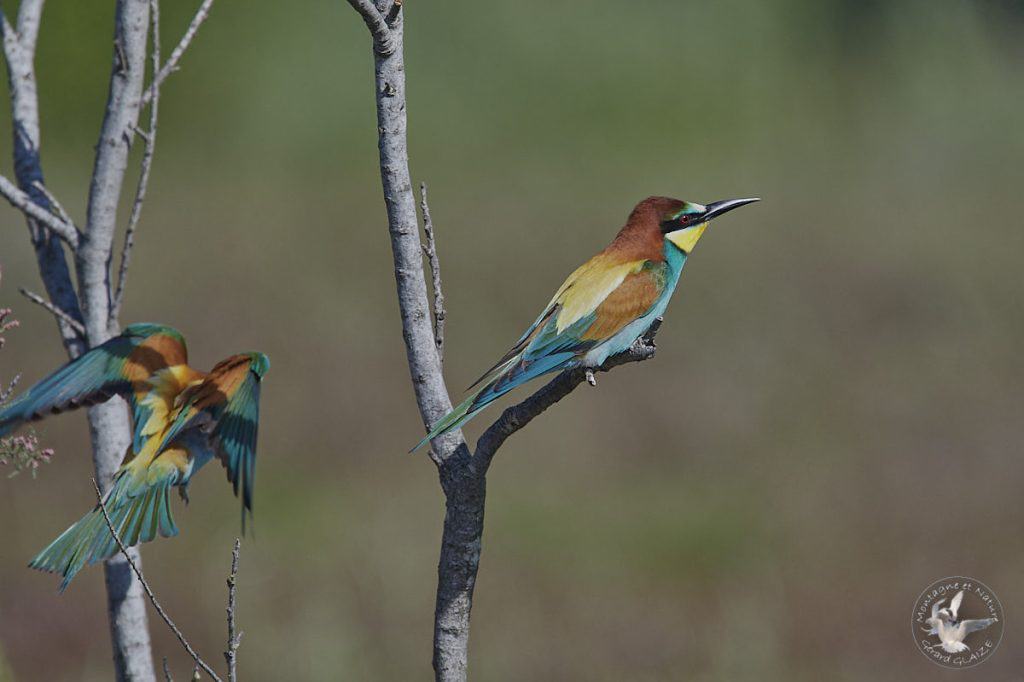
Challenges and threats to migratory birds
Despite the efforts made to protect migratory birds in Africa, several challenges and threats continue to impact their populations and habitats.
Habitat loss and degradation
The destruction and degradation of natural habitats pose a significant threat to migratory birds. As human populations expand and land-use practices change, critical habitats for breeding, feeding, and resting are being fragmented or destroyed. Conservation efforts must prioritize the protection and restoration of these habitats to ensure the survival of migratory bird populations.
Climate change
Climate change has profound implications for migratory birds. Alterations in temperature, precipitation patterns, and seasonal timing can disrupt the delicate balance of ecosystems, impacting breeding success, migratory routes, and availability of food sources. Mitigating climate change and its effects is crucial for the long-term survival of migratory bird species.
Unsustainable hunting practices
Illegal hunting and unsustainable hunting practices persist as significant threats to migratory birds in Africa. Poaching, in particular, takes a heavy toll on these birds, contributing to population declines and species endangerment. Strengthening law enforcement efforts and promoting ethical hunting practices are essential for combating these threats and ensuring the sustainable management of migratory bird populations.
Conclusion
Hunting migratory birds in Africa can be a rewarding experience for those who approach it responsibly and ethically. By adhering to legislation and regulations, obtaining necessary permits and licenses, and embracing sustainable hunting practices, individuals can contribute to the conservation and long-term survival of migratory bird species. Additionally, engaging in birdwatching and conservation tourism provides alternative ways to appreciate these remarkable birds without engaging in hunting activities. By valuing and protecting migratory birds, we can ensure the preservation of their habitats and the continuation of their awe-inspiring migrations for generations to come.
